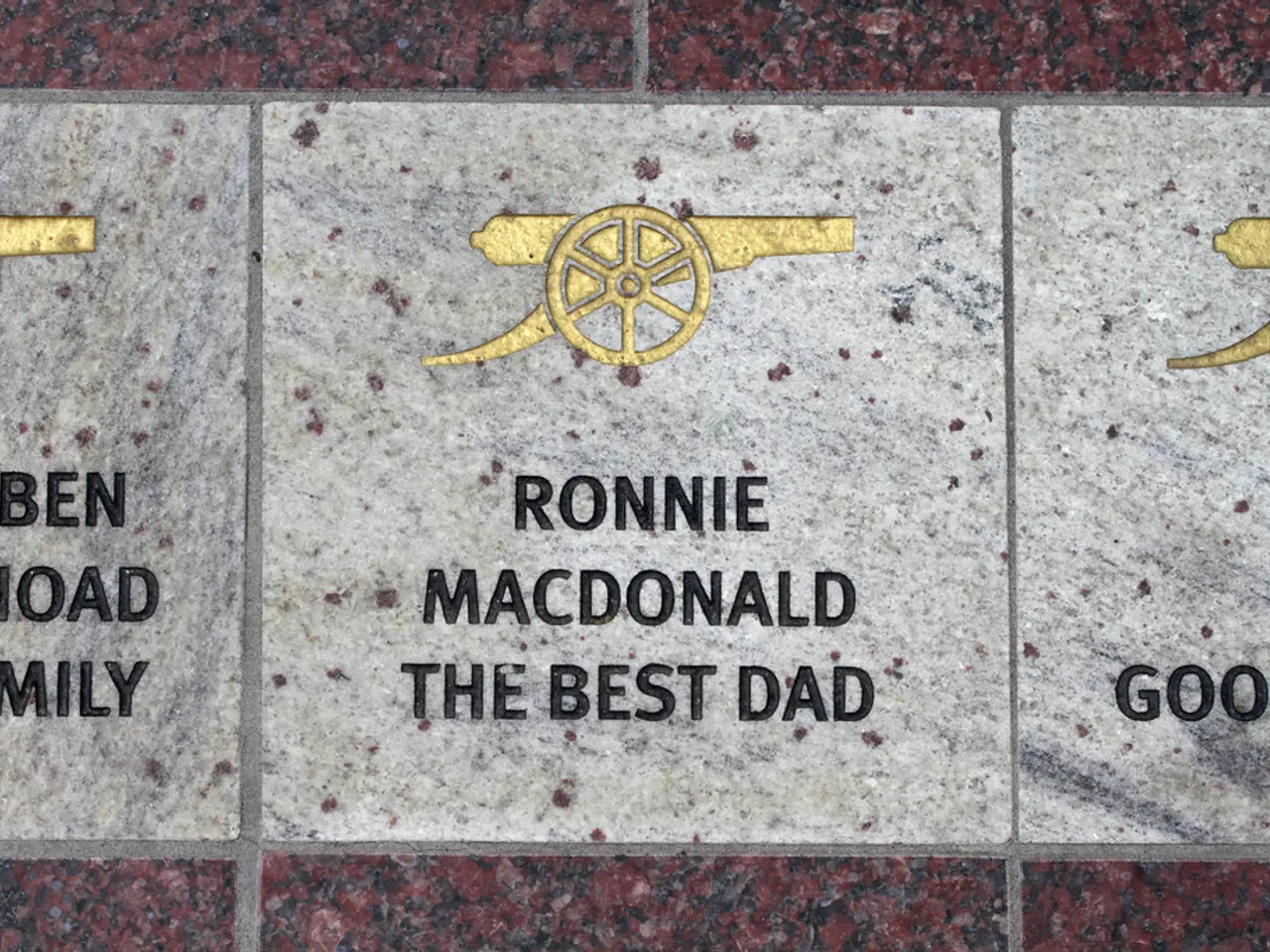Mourns for the due of atomic bombing in Nagasaki
In the Japanese city of Nagasaki, survivors, politicians, and citizens gathered to commemorate the 80th anniversary of the atomic bombing that took place on August 9, 1945. The event was marked by a minute of silence at the exact time of the bombing and a renewed call for nuclear disarmament.
The city's Mayor, Shiro Suzuki, issued a peace declaration, urging the abolition of all nuclear weapons worldwide. In his speech, he called on the world to learn from history to ensure that Nagasaki remains the last city to suffer a nuclear inferno. He also warned of the growing danger of a nuclear war.
Suzuki's call for nuclear disarmament echoed the sentiments of his counterpart in Hiroshima, who made a similar demand three days earlier. Both mayors urged Japan to join the 2017 UN Treaty on the Prohibition of Nuclear Weapons (TPNW), a demand for a nuclear-weapon-free world.
However, Japan has not signed or ratified the TPNW as of 2025. Politically, Japan is increasingly aligned with U.S. nuclear strategy, as reflected in recent policy guidelines and increased military cooperation. Critics argue that Japan faces nuclear pressure from global powers and is possibly moving toward militarization instead of embracing disarmament.
Despite this, the Japanese organization Nihon Hidankyo, consisting of survivors of the atomic bombings of Hiroshima and Nagasaki, was awarded the Nobel Peace Prize last year for its efforts towards a nuclear-weapon-free world. The organization's president, Setsuko Thurlow, accepted the prize on behalf of the hibakusha (atomic bomb survivors) and called for an end to nuclear weapons.
The TPNW entered into force in 2021 and has been ratified by 73 countries, but Japan remains outside it. Japanese civil society and peace movements strongly advocate for Japan to join the treaty, citing its historic suffering from nuclear attacks and constitutional pacifism.
In his peace declaration, Suzuki also called on the world to overcome the devilish cycle of confrontation and fragmentation. He emphasized the existential crisis for humanity due to nuclear weapons, stating that it is immediate for all people on Earth.
The atomic bomb dropped on Nagasaki in 1945 was named "Fat Man". The bombing resulted in the immediate death of approximately 70,000 people, and another 75,000 were injured. The Japanese Empire surrendered on August 15, 1945, following the atomic bombings of Hiroshima and Nagasaki.
The commemoration in Nagasaki serves as a reminder of the devastating consequences of nuclear weapons and the urgent need for their abolition. The city's call for nuclear disarmament is a testament to the resilience of its people and their determination to ensure that such a tragedy never happens again.
- The Mayor of Nagasaki, Shiro Suzuki, urged Japan to join the 2017 UN Treaty on the Prohibition of Nuclear Weapons (TPNW), citing the growing danger of a nuclear war and Japan's historic suffering from nuclear attacks.
- Due to the growing danger of a nuclear war, the Japanese organization Nihon Hidankyo, comprising survivors of the atomic bombings of Hiroshima and Nagasaki, advocated for Japan to join the TPNW, as it entered into force in 2021 and had been ratified by 73 countries.







